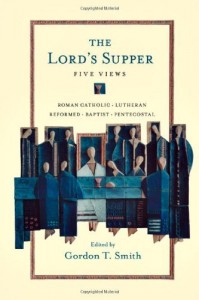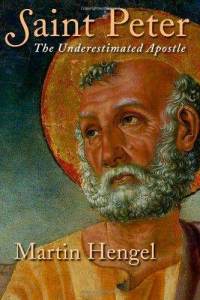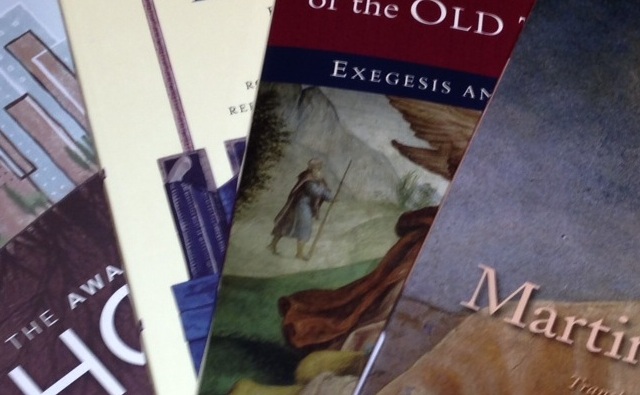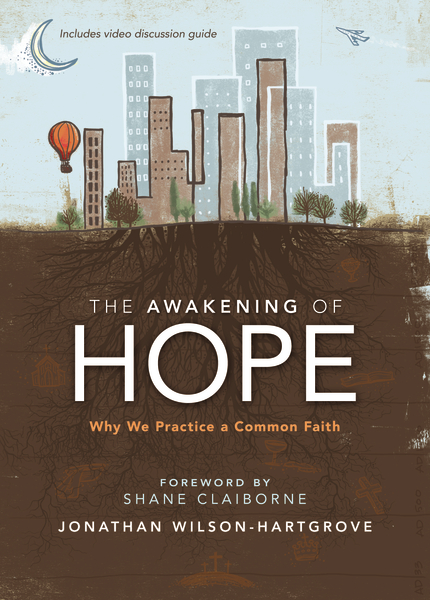
At my workplace, we recognize someone’s birthday by getting a piece of paper with their name printed on it and then co-workers write a word that we think describes the individual. Despite the fact that I’ve forgotten all the words on my sheet done a few months ago, I think it is a good thing to do. And while I could make a guess at what words found their way next to my name, I am fairly sure one word that many would affirm as descriptive of me didn’t make the list…
Detached.
It was likely avoided because most people would see that word as pejorative. I, on the other hand, wear it more like a badge of honor. There isn’t any sphere of my life where I can’t make a case for standing apart as being a good thing. Well, maybe one or two. But in my fantasized life of total detachment, those one or four things stay connected to me.
It is one of the many reasons I like traveling. When visiting a place, I’m not just seeing the sights as most tourists might. I’m evaluating… Could I live here? Or here? Or wherever? The act of being in another place (no matter how briefly) reaffirms for me that I’m not tied down. I’m not stuck. We could pick up and move at a moment’s notice. We could start over some place else.
And yet, I’m beginning to recognize what any moderately sane person intuitively knows even if they are unable to articulate it. Namely, that a constant state of restlessness – a perpetual hedging of bets – a sustained fostering of the “grass-is-greener” mentality is damaging. It is unhealthy for families. It holds relationships hostage. It keeps work undone. But worst of all, it leaves the soul divided. And so for several years now (and yes, it is taking years), I’ve been growing in my awareness that this dream of an un-pinned down life isn’t good.
I say all of this by way of introduction to a book that I’ve found particularly helpful in bringing clarity to the fog of ideas that has taken some time to accumulate in my own life.

This is a book about staying put. I suppose someone could (and probably has) written a book on the merits of “going.” And a fine book it would be. One can’t necessarily turn to the Bible and find an air-tight case for never leaving. Where would be be without some of the great goers of the faith? Abraham, Joseph, Moses, Paul. Even Jesus leaving the familiarity of the God-head in order to be with a broken humanity is predicated on his willingness to go.
And yet, this book on page after page offers exactly what the title suggests it will… wisdom.
Lots of it.
In the great tradition of Scripture’s wisdom literature (Proverbs, Job, Ecclesiastes), Wilson-Hartgrove’s insights aren’t true for any and every situation, but his words are ignored at our own peril.
In a culture that is defined by mobility and distraction, Wilson-Hartgrove guides the reader to the truths we know deep down inside of us to be right. We all long for rootedness, connectedness, sustaining a flourishing life for ourselves, those we love, and those we want to love. But this can only happen through the intentional choice to stay.
Or in his own words…
Stability challenges us to question assumptions of our hyper-mobile culture, but it ought not to make us immovable. Staying put and paying attention are, rather, dynamic disciplines aimed at helping us grow and progress towards wholeness.
However, what I appreciate most (and there is much to appreciate) about Wilson-Hartgrove’s work is his recognition that stability is about far more than physical presence. Physical presence in a particular place both contributes to and is a manifestation of presence with a particular God and particular people.
I wouldn’t recommend it to just anyone. Not to kids heading off to college. Or even young singles/marrieds who are searching for their place in the world. But for those of us who think that the search can and should last a lifetime, consider afresh that your place may very well be right where you are.
 The Lord’s Supper: Five Views // I realize that most people are unaware that there are more than two view, but I was somewhat surprised to discover that there are no less than five! Over the last few years, I have been moving from a memorialist (symbol only) understanding of this observance to a more sacramental (real presence) view. Of course, I don’t have it all worked out, but I think that’s probably as it should be… with the Lord’s Supper as well as most theological truth. If you’ve got it all figured out, let me know… you’ll be the first.
The Lord’s Supper: Five Views // I realize that most people are unaware that there are more than two view, but I was somewhat surprised to discover that there are no less than five! Over the last few years, I have been moving from a memorialist (symbol only) understanding of this observance to a more sacramental (real presence) view. Of course, I don’t have it all worked out, but I think that’s probably as it should be… with the Lord’s Supper as well as most theological truth. If you’ve got it all figured out, let me know… you’ll be the first. Next up is The Awakening of Hope: Why We Practice a Common Faith // I think I mentioned this one a while back. Somehow a group of guys I meet with on Monday mornings agreed to read this with me. To say that it has provoked some interesting conversations and several “eye-rolls” is an understatement. So not everyone thinks the “new monasticism” is a wonderful expression of the Christian faith… their loss.
Next up is The Awakening of Hope: Why We Practice a Common Faith // I think I mentioned this one a while back. Somehow a group of guys I meet with on Monday mornings agreed to read this with me. To say that it has provoked some interesting conversations and several “eye-rolls” is an understatement. So not everyone thinks the “new monasticism” is a wonderful expression of the Christian faith… their loss. Now we are venturing more towards my true “nerd” center. This one is for a what is turning into a lifetime project of research and writing on 1 Peter’s use of the Old Testament. Hengel, a German New Testament scholar, passed away a few years ago. He was one of the most influential theologians of the past century. I know you’ve never heard of him. He was German, so maybe it is understandable. He’s no Francis Chan. This book was one of the last that he published.
Now we are venturing more towards my true “nerd” center. This one is for a what is turning into a lifetime project of research and writing on 1 Peter’s use of the Old Testament. Hengel, a German New Testament scholar, passed away a few years ago. He was one of the most influential theologians of the past century. I know you’ve never heard of him. He was German, so maybe it is understandable. He’s no Francis Chan. This book was one of the last that he published. You have stopped reading by now, so it doesn’t matter, but this one is also for the thesis. For what it is worth, I think Beale’s understanding of the way in which New Testament writers utilize the Old is probably as close to “right” as it gets. Hopefully, the approach he recommends is what I’ll be using in the months to come.
You have stopped reading by now, so it doesn’t matter, but this one is also for the thesis. For what it is worth, I think Beale’s understanding of the way in which New Testament writers utilize the Old is probably as close to “right” as it gets. Hopefully, the approach he recommends is what I’ll be using in the months to come.




